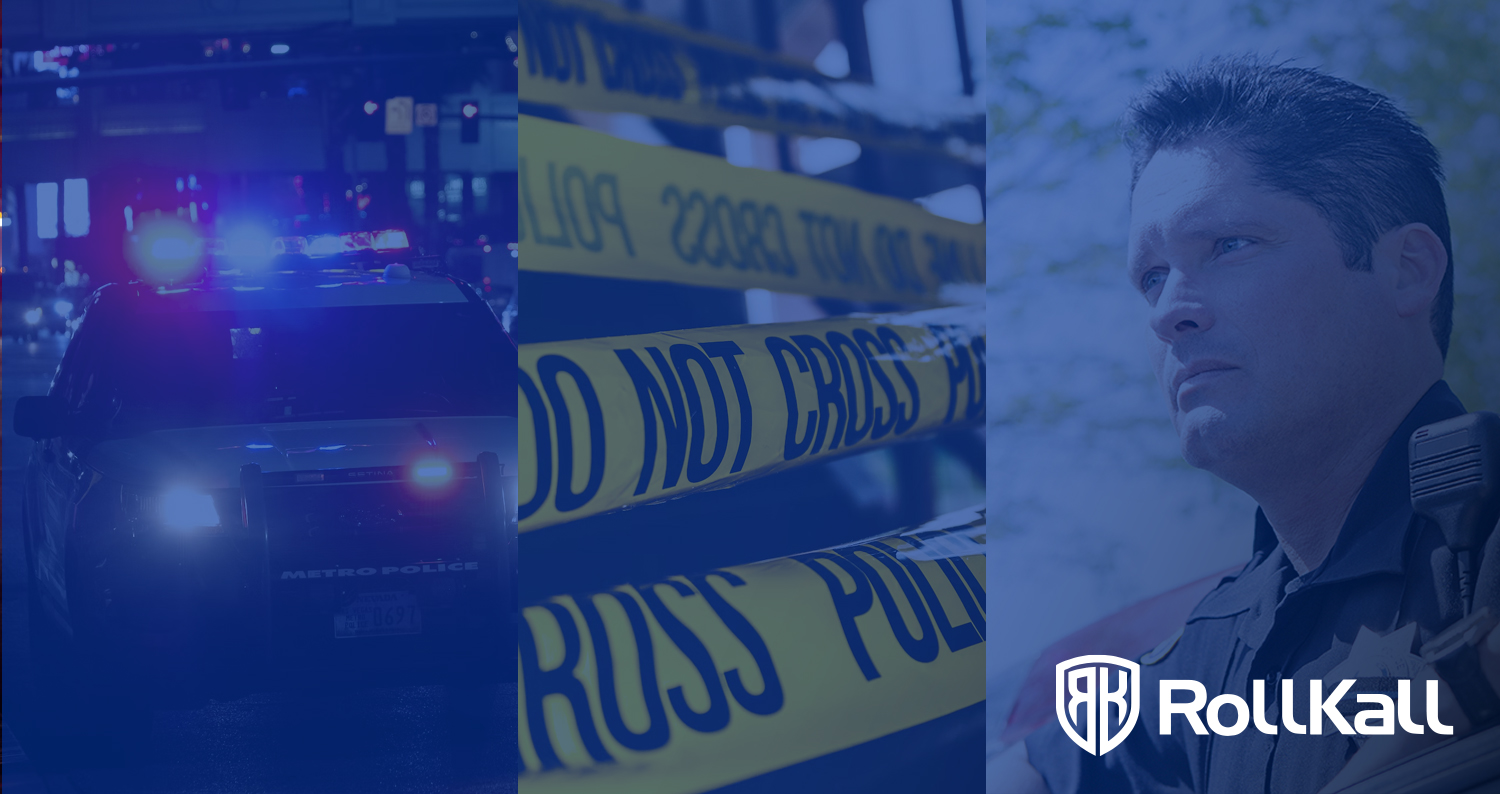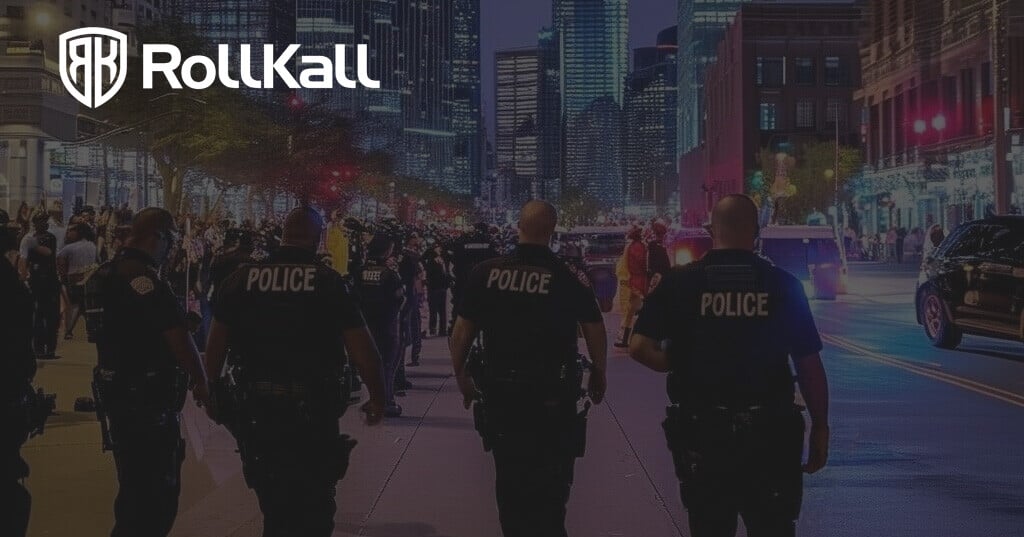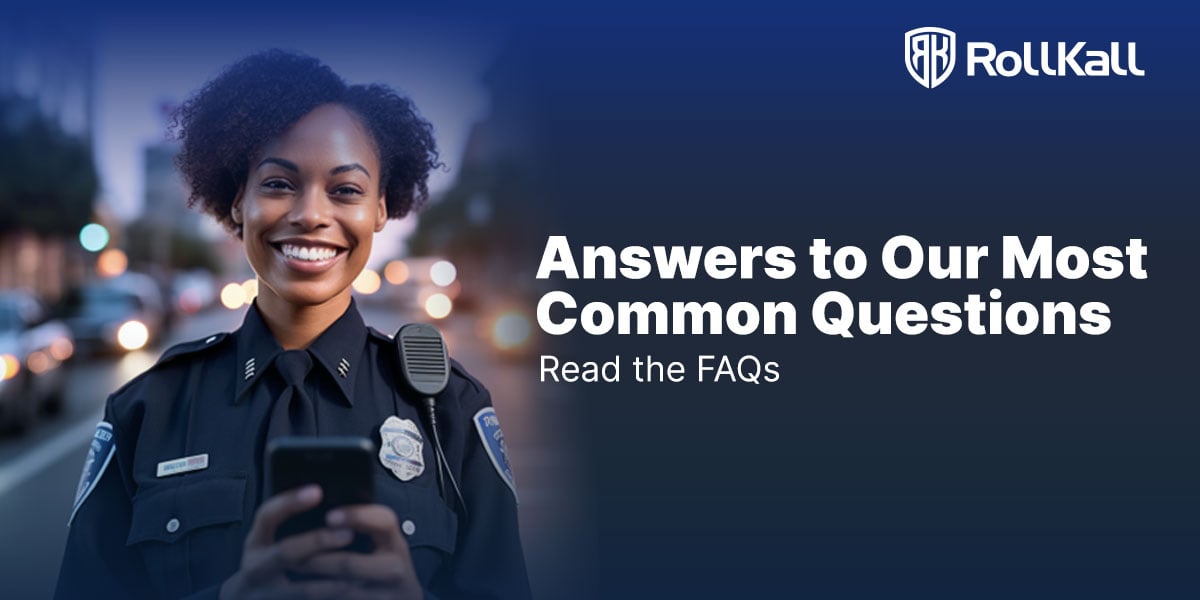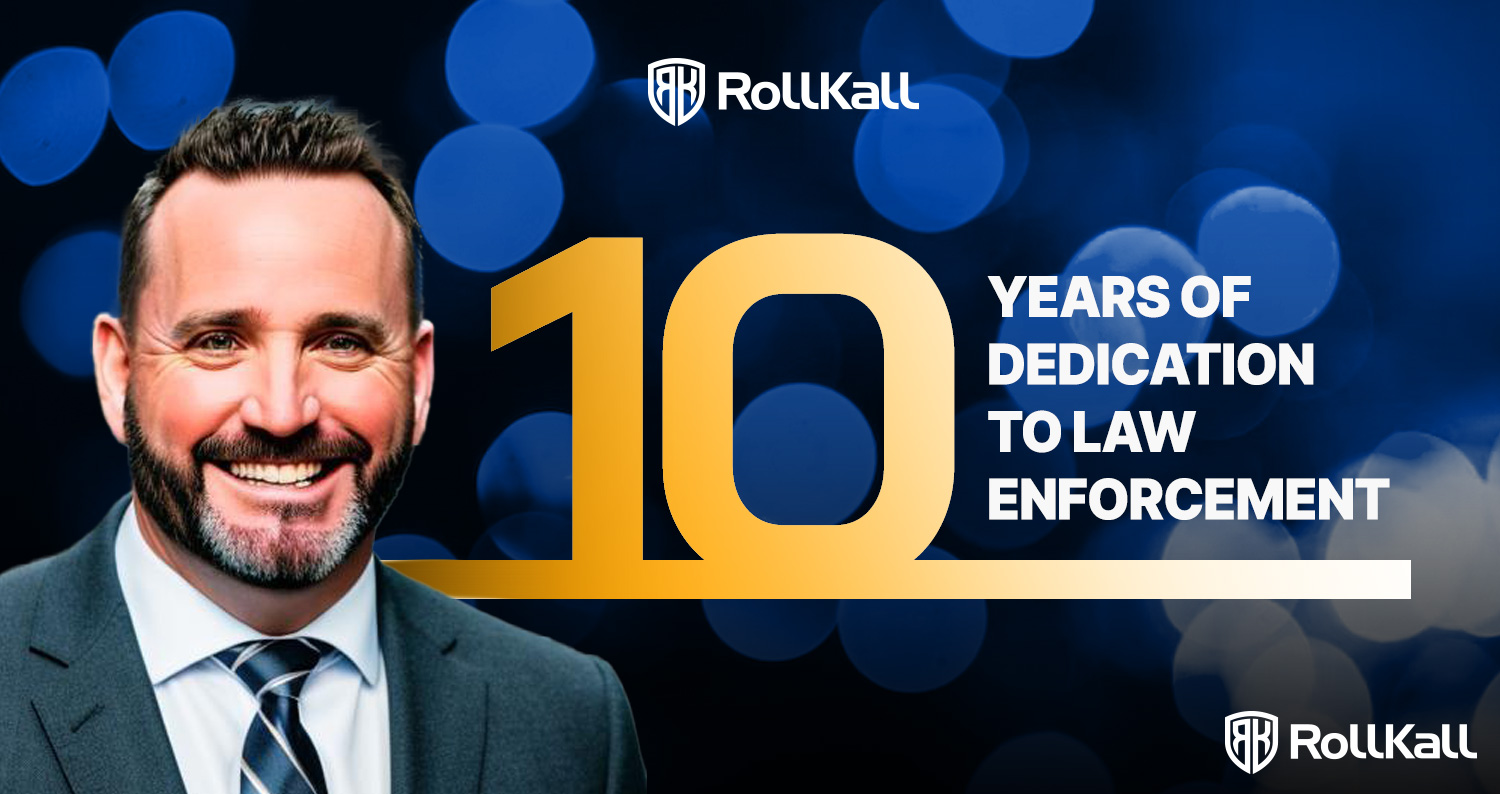Download the free guide
Aenean eu leo quam. Pellentesque ornare sem lacinia quam venenatis.

While most off-duty or extra-duty work tends to be of a slightly different nature than on-duty patrols, these jobs do carry risk where an incident can occur resulting in injury and/or potential liability for the officer or agency. Off-duty insurance can be confusing at best, so here is everything you need to know about occupational accident insurance.
While most off-duty or extra-duty work tends to be of a slightly different nature than on-duty
Did you know…
… that most off-duty work is not covered by the agency’s workers’ compensation policy?
That’s why many officers choose occupational accident insurance (or OAI) while working off-duty - particularly for jobs that carry more risk, like directing traffic or working a high crime neighborhood.
What is Occupational Accident Insurance?
OAI is insurance that covers work-related injuries similar to workers’ compensation. It’s typically used by contract workers who need on-the-job insurance coverage because they are not an employee of the company or companies they work for and, as such, do not have access to workers' compensation. While policies vary, the OAI provided by RollKall is secondary insurance that covers medical expenses not covered by personal health insurance and extends to death and dismemberment.
Officers working as a private contractor (in a 1099 capacity) can opt-in to OAI when they work a job through RollKall. Should they get injured in an off-duty incident, they can rest knowing they will be taken care of.
Learn About the Difference Between OAI and Workers’ Comp
When to Opt For OAI
First and foremost, if off-duty work isn’t covered by workers compensation through the officer's agency's policy or through an off-duty management solution, it’s a good idea to get OAI for all off-duty jobs. With RollKall, it’s easy. Simply opt-in through the app when prompted and you’re done.
But how can you tell if you get workers’ compensation for off-duty work?
If you get paid for off-duty work through your agency’s payroll, off-duty is covered under the agency’s workers’ compensation policy and you do not need OAI.
If you get paid for off-duty work directly from the vendor, you are considered an independent contractor and are not working as an employee of either the vendor or your law enforcement agency. As such, it is not the common scenario that workers’ compensation would extend to off-duty work. You should probably opt-in for OAI.
If you get paid for off-duty work through an off-duty solution provider, ask your off-duty coordinator if the off-duty company provides workers’ compensation. If they aren’t sure they can likely point you to the right person with that off-duty solution provider to verify.
With RollKall, if you have the option to opt-in for OAI, then RollKall does not provide your agency with workers’ compensation. If your agency gets workers’ compensation through RollKall, then you will not have the option to opt-in for OAI and any injury will be covered through RollKall’s workers’ compensation policy.
It’s always easy to assume the best will happen during an off-duty job. But, in the chance that an issue should arise, make sure you’re covered. And when your agency’s workers’ compensation policy doesn’t cover you, RollKall can.
For more information on occupational accident insurance for jobs through RollKall, you can reach out to customer service at (855) 765-5525.
Terms apply to all RollKall policies. Please talk to a representative to get more details about insurance offerings.
Get the latest content delivered straight to your inbox!
Related Posts


Want more information about RollKall? Let us know a bit about you, and we’ll get back to you as soon as possible with more information and next steps!











